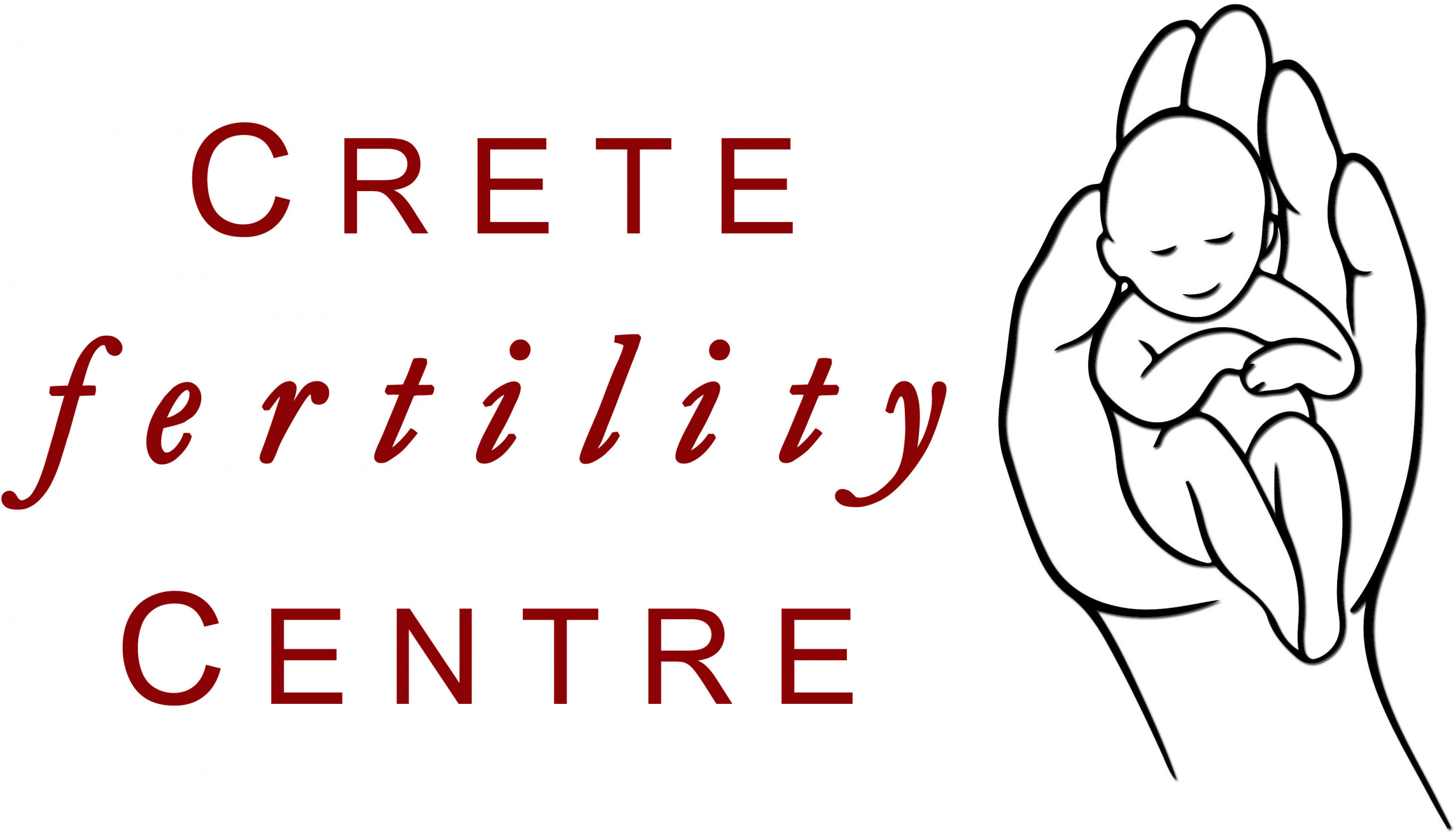Uterine PRP rejuvenation
Adequate endometrial thickness is a main factor for implantation and pregnancy. In addition, thin endometrium is identified to adversely affect reproductive success rates after assisted reproductive technology (ART). Plenty of treatment modalities have been presented to improve endometrial thickness and the subsequent endometrial receptivity. Intrauterine infusion of platelet-rich plasma (PRP) is a novel approach that has been suggested for the treatment of thin endometrium. Various studies so far demonstrate the effectiveness of this technique.
PRP is autologous blood plasma that has been enriched with platelets at about 4-5 times more than the circulating blood. PRP can stimulate proliferation and regeneration with a large amount of growth factors and cytokines.
The results of several studies revealed the efficacy of PRP on endometrial growth and subsequently on the pregnancy rates, since pregnancy rate is increased with growing endometrial thickness. It helps in cases of recurrent abortions, cases which the endometrium lining does not became thicker using oestrogen, in cases of oocyte donation or after Asherman Syndrome. That’s why usually we do that together with the ovarian one.
PRP is a safe procedure, with minimal risks of transmission of infectious disease and immunological reactions since it is made from autologous blood samples.
REFERENCES
Treatment of thin endometrium with autologous platelet-rich plasma: a pilot study
Shahrzad Zadehmodarres, Saghar Salehpour, Nasrin Saharkhiz, and Leila Nazari
The thin endometrium in assisted reproductive technology: An ongoing challenge
Maryam Eftekhar, Nasim Tabibnejad, Afsar Alsadat Tabatabaie
Autologous platelet-rich plasma promotes endometrial growth and improves pregnancy outcome during in vitro fertilization.
Chang Y, Li J, Chen Y, Wei L, Yang X, Shi Y, Liang X.
Related articles: Ovarian Rejuvenation | Vaginal Rejuvenation | Enriched PRP




